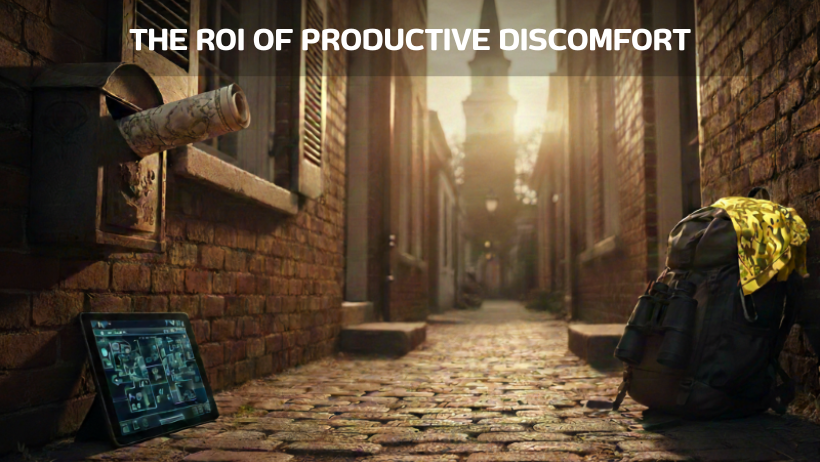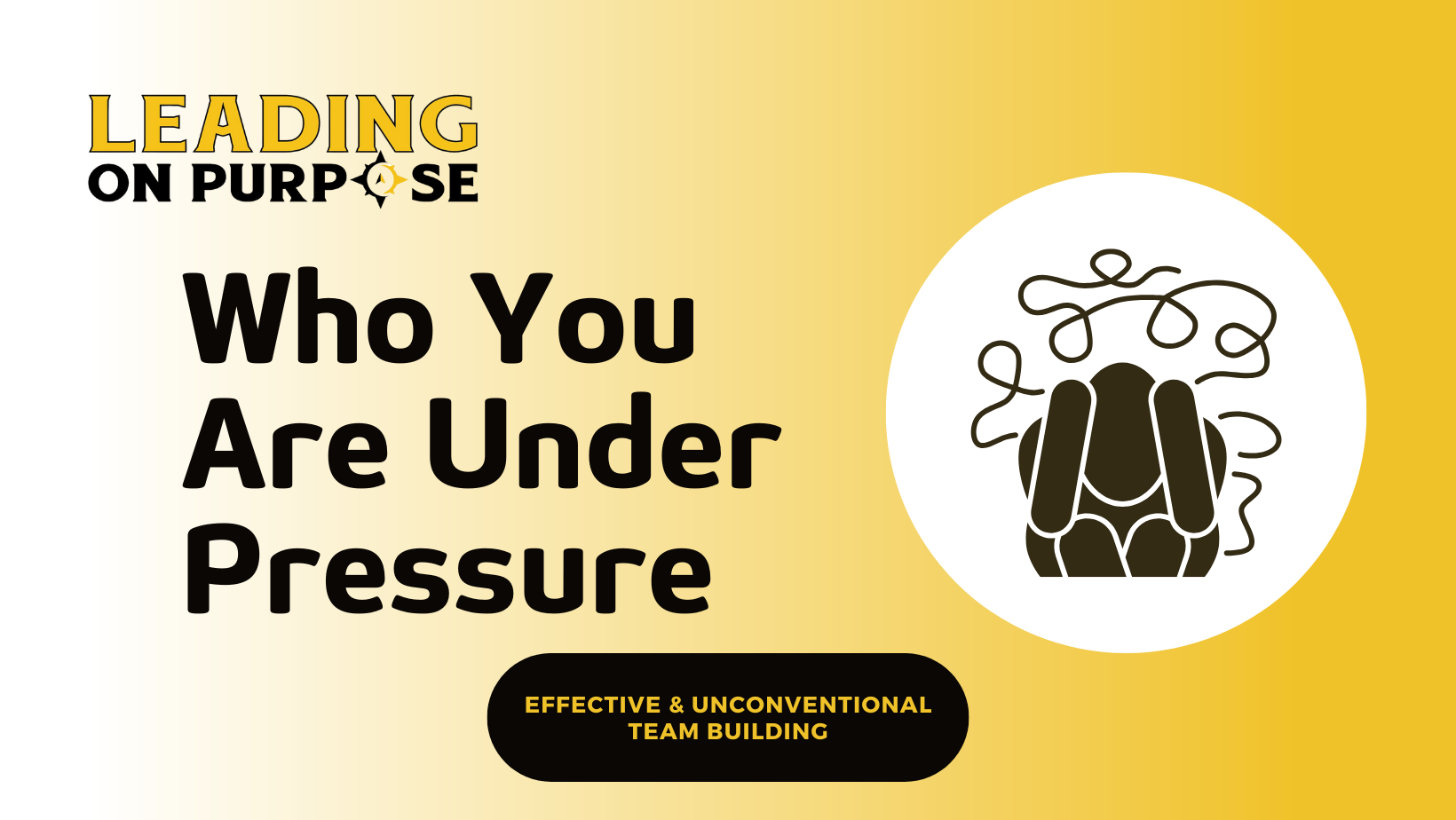
How Slowing Down Can Transform Your Life
As we reflect on the teachings of The Ruthless Elimination of Hurry and The Love Code, it's clear that a life centered on love and presence is deeply fulfilling. Jesus himself exemplified a life free from hurry, consistently demonstrating that love has its own unhurried pace. By slowing down and being fully present, we can cultivate deeper connections and a more meaningful existence.
In The Ruthless Elimination of Hurry, John Mark Comer emphasizes that love, by its very nature, is patient and kind, aligning with the well-known passage from 1 Corinthians 13:4, "Love is patient, love is kind. It does not envy, it does not boast, it is not proud."
Comer argues that true love requires time and presence, both of which are compromised when we live in a state of constant hurry. The hurried pace of modern life is incompatible with the deliberate, thoughtful, and generous acts that love entails. Love thrives on patience, attentiveness, and the willingness to slow down and be present with others.
This idea of love having its own unhurried pace can be closely tied to the principles discussed in The Love Code by Alexander Loyd. The book delves into the concept that love is a fundamental force that aligns our goals and desires with our true selves. According to Loyd, love is not only the key to emotional and physical healing but also to achieving our deepest aspirations.
In The Love Code, love is described as a state of being that allows us to tap into a higher level of consciousness, where our actions are driven by compassion, patience, and kindness. This aligns with Comer's view that a hurried life undermines our ability to love authentically. When we rush through life, we miss out on the deep connections and meaningful interactions that love requires.
Love cannot flourish in a hurried environment. Comer’s practical advice to slow down, rest, and be mindful creates the space necessary for love to manifest in our daily lives. Similarly, Loyd's emphasis on aligning our goals with the energy of love suggests that achieving our desires is less about frantic effort and more about cultivating a state of inner peace and connectedness.
By integrating the concepts from both books, we can see that achieving a fulfilling and purposeful life requires us to prioritize love over hurry. This means creating intentional pauses in our day, being fully present with those we care about, and aligning our ambitions with the compassionate and patient nature of love.
Moreover, studies have shown that beyond a certain point, financial gains do not significantly increase happiness. A study from 2019 suggested that happiness levels off after an annual income of $75,000. This finding underscores the idea that a fulfilling life is not about accumulating wealth but about cultivating meaningful relationships and living in accordance with our values. Although the specific threshold might have shifted slightly in recent years, the core principle remains the same: true contentment comes from the quality of our connections and the pace at which we live our lives.
Anne Helen Petersen's article "How Millennials Became the Burnout Generation" highlights that millennials are experiencing burnout due to constant connectivity, the gig economy, and societal pressures. Despite advancements in technology, Americans are working longer hours and feeling more pressed for time than ever before.
This aligns with the Efficiency Paradox: time-saving devices like washing machines and dishwashers were supposed to free up time but have instead led to higher standards of cleanliness and more time spent on household chores.
Practical Ways to Slow Down and Be Present
- Practice Mindfulness: Spend a few minutes each day in mindfulness meditation. Focus on your breath and bring your attention to the present moment.
- Set Boundaries with Technology: Designate specific times for checking emails and social media. Avoid screens during meals and before bedtime to enhance face-to-face interactions and improve sleep quality.
- Schedule Downtime: Include regular breaks in your daily schedule for rest and reflection. Use this time to read, walk, or simply enjoy quiet moments.
- Prioritize Quality Time: Make time for meaningful conversations with loved ones. Be fully present by actively listening and engaging without distractions.
- Simplify Your Tasks: Focus on one task at a time. Multitasking can increase stress and reduce the quality of your work. Break larger tasks into smaller, manageable steps.
- Enjoy Nature: Spend time outdoors, whether it's a walk in the park, a hike, a kayak excursion, or just sitting in your garden. Nature has a calming effect and helps ground us in the present moment.
- Practice Gratitude: Start or end your day by listing things you are grateful for. This practice shifts your focus to positive aspects of your life and promotes a sense of contentment.
- Engage in Slow Activities: Choose activities that naturally encourage a slower pace, such as cooking a meal from scratch, gardening, or practicing yoga.
- Limit Commitments: Learn to say no to non-essential commitments. Prioritize activities that align with your values and bring you joy.
- Create a Relaxing Evening Routine: Establish a calming routine before bed to wind down. This could include reading, taking a bath, or practicing gentle stretches.
- Reflect Daily: Take a few minutes each day to reflect on your experiences and feelings. Journaling can be a helpful tool for this.
- Embrace Silence: Allow yourself periods of silence throughout the day. This can help you reconnect with your thoughts and feelings without external noise.
- Focus on Breathing: When feeling stressed or hurried, take a moment to practice deep breathing. Inhale deeply through your nose, hold for a few seconds, and exhale slowly through your mouth.
- Cultivate a Hobby: Engage in a hobby that brings you joy and allows you to lose track of time, whether it’s painting, knitting, playing an instrument, or any other creative pursuit.
- Be Intentional with Your Time: Plan your day with intention, prioritizing activities that align with your goals and values. Avoid overloading your schedule.
Remember, studies indicate that beyond a certain point, financial gains do not significantly increase happiness. This reinforces the idea that true contentment comes from the quality of our relationships and the pace at which we live our lives, rather than from material wealth.
In a world that often glorifies busyness and constant connectivity, we can choose a different path. By integrating practical ways to slow down and be present, we can align our lives with the compassionate and patient nature of love, as taught by Jesus and echoed in the impactful books mentioned above.
Regardless of religious affiliation, if you constantly say you're busy and stressed, this book can help. Leave on the shelf what doesn't apply.
By adopting these practices, we can move away from the relentless pace of modern life and embrace a lifestyle that fosters love, joy, and deep, meaningful connections. Let's take inspiration from Jesus’ unhurried approach and make a conscious effort to live more intentionally and lovingly every day.
For more on this topic, check out these blog posts:









